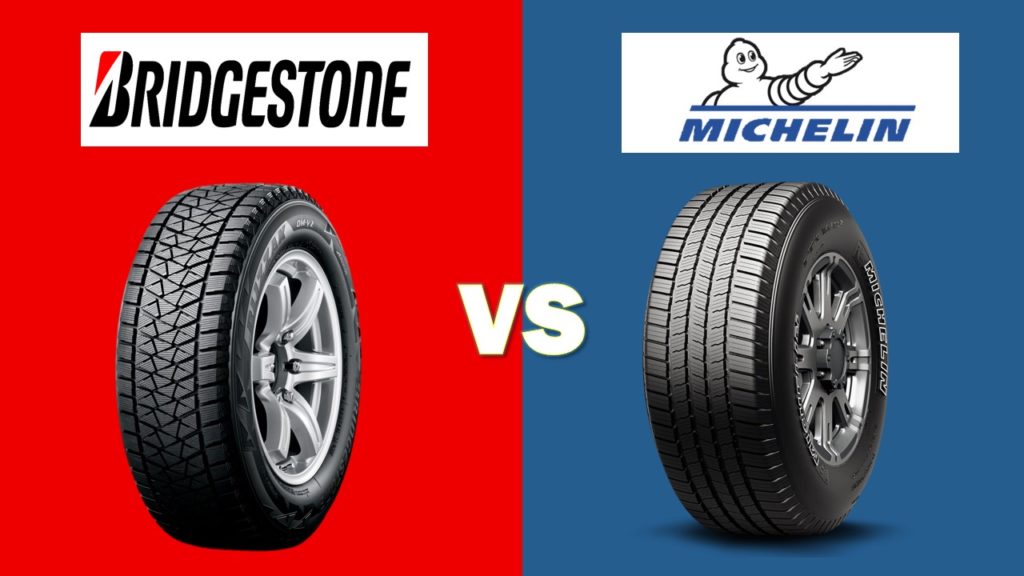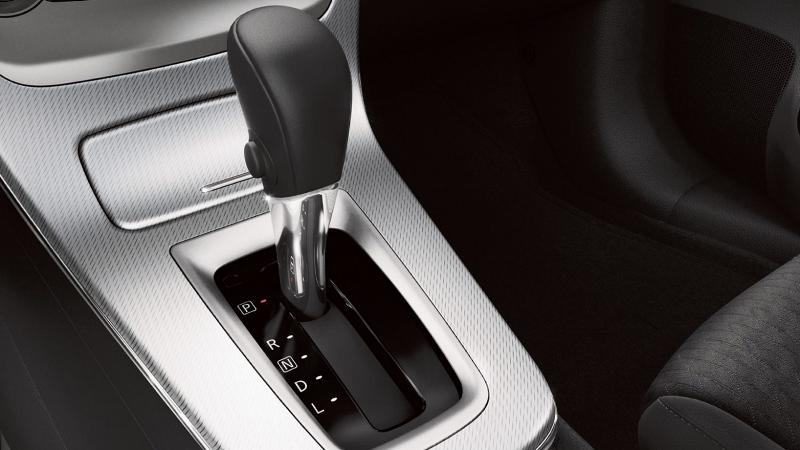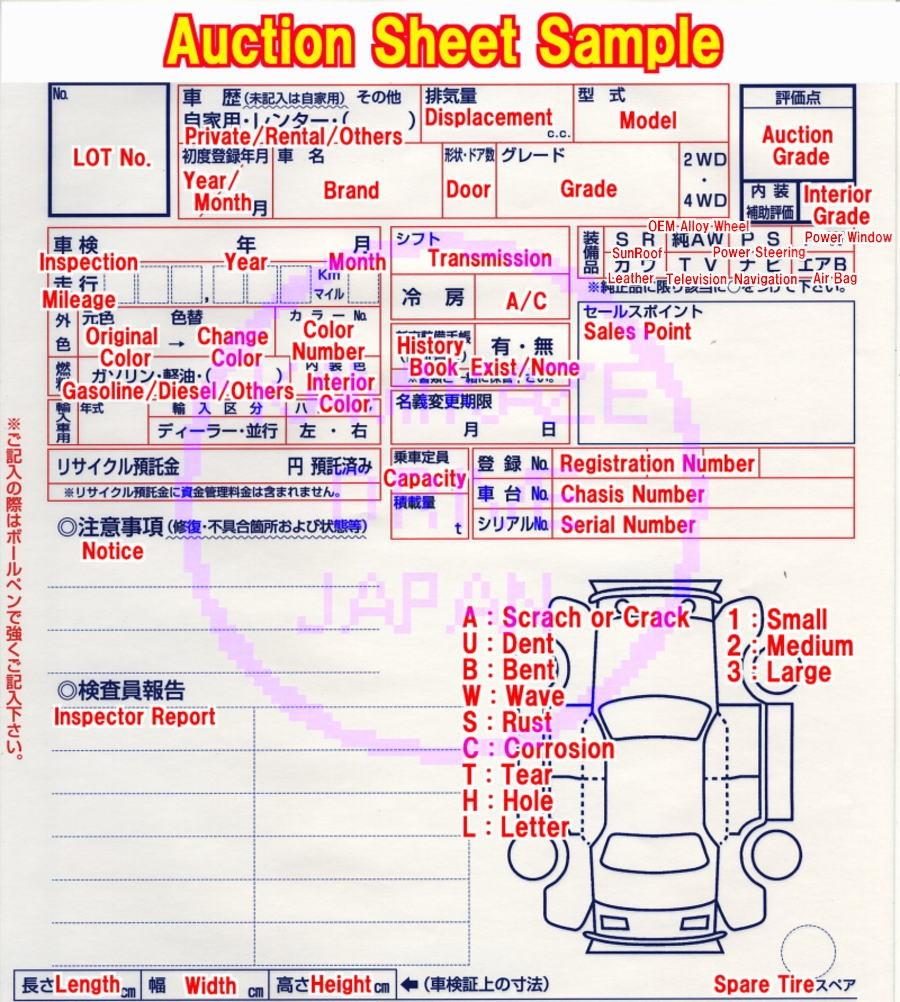Engine Hot AC Off: What Does It Mean?
While driving, you receive a message Engine hot AC off that displays on your car dashboard. So you wonder whether you will continue to operate or pull over? In today’s article, we will find the problem: AC off due to high engine temp – What does it mean? And what should we do when you notice this warning on the dartboard?
What Does It Mean When Your Car Says “Engine Hot AC Off”?
Engine overheating is not a “strange” term for many drivers and we are sure that we all know about the consequences of this issue for your car. When the engine burns fuel to generate energy, it generates a large amount of excess heat. If not cooled in time, the car engine will overheat, leading to the risk of fire and explosion, causing danger to drivers. Overheating is one of the most dangerous car engine errors that drivers need to be aware of during operations.
However, in some cases, our drivers said that they realized that AC turned off when the car overheated. What does engine hot ac off mean?
You can simply understand this phenomenon that when your engine reaches a high temperature, at this time the engine computer system will be aware that there’s too much heat or the cooling fan is not operating. To lower the load to avoid further heat gain, AC will be off.
Currently, the ECU has a mechanism to control and govern all engine activities by receiving data from sensors in the car, then the signal is transmitted to the ECU for processing, and “output command” forces the actuators to perform such as fuel regulation, ignition angle, automatic throttle…When ECU detects the temperature in your engine is too high, it will automatically control the air conditioner system.
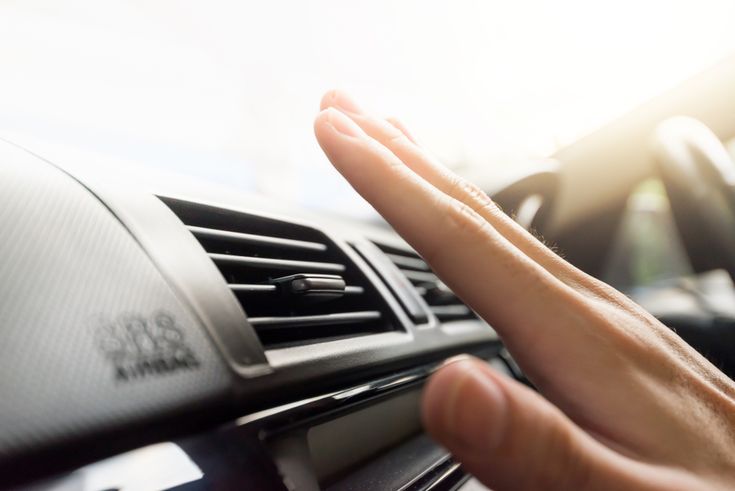
>> Related post: 5 Reasons Why Car Air Conditioner Not Blowing Cold Air When Idling
Engine Hot AC Off Can You Still Drive?
The warning light “Engine hot AC off” is on, should you drive your car? We recommend that you pull over to the side of the road immediately to inspect the condition of the car engine. Engine overheating is not an easy situation to deal with, you should take your car to the garage as soon as possible to have the cooling system checked. Pay attention when the vehicle is overheated, do not drive too far to further damage the engine. After troubleshooting, make sure both motor and AC are operating properly. Then you can go on driving without any damage. If you read this far, do you wonder what causes this phenomenon? Let’s move to the next part to find the reasons Why?
What Cause The Engine Hot AC Turn Off?
Car overheating is the main reason that makes the AC system turn off. We can say that you should notice all the causes of overheating engine when you experience the phenomenon: a car overheats when ac is off. The cooling mechanism for a car’s internal combustion engine includes a cooling system and a radiator system. A well-lubricated motor also reduces friction and helps prevent overheating. Car engine overheating is mainly due to problems from the above components:
Coolant level
The first cause of engine overheating comes from the coolant. When the engine generates heat, coolant is pumped, making your engine cool down. The hot water is then cooled by the fan, transported to the tank, and recirculated back to the engine. When the coolant has problems such as leaks, blockages, condensation, or the coolant level is too low compared to the standard, it will cause the cooling process to be interrupted, and the car engine will be too hotter than the standard. And the last result is that your AC is off at the same time.
AC compressor stopped working
The compressor is an important component of the air conditioning system and without it, your AC can not be able to function. The responsibility of this part is to convert the refrigerant gas into a liquid as it passes through the condenser. When the AC compressor failed, of course, your AC vent will not send cold air inside the car. And it no longer circulates refrigerant in your air condition system. You will realize the temperature fluctuates and some strange noise from your car.
>> See more: 7 Common Symptoms of a Bad or Failing AC Compressor
Bad thermostat valve
The thermostat is a part of the cooling system that is responsible for coordinating the cooling fluid. When the engine temperature warms up to a certain threshold, the valve will open to allow the fluid to flow to the engine part. Therefore, when the thermostat is blocked, the coolant will not be distributed to the engine to cool down, leading to overheating in the car engine.
Fail radiator fan
The amount of heat generated when the engine is operating will be discharged by the cooling system to the environment. The cooling fan has a problem that causes hot air in the engine compartment to not escape, leading to high engine temperature.
Coolant temperature sensor (ECT) error
The coolant temperature sensor is also known as an ECT sensor or ETCS (engine coolant temperature sensor). This sensor is responsible for measuring the temperature of the coolant mixture and transmitting a signal to ECU. From there, the ECU adjusts the fuel injection time, turns on or off the radiator fan, etc. to help the engine operate at the right temperature. When this sensor fails that causes the cooling fan to operate incorrectly, resulting in the coolant not being cooled, causing the engine to overheat.
Blown head gasket
The most common symptom that your car has a damaged head gasket is the engine overheating frequently. A broken head pad means your engine has to work harder to generate power. Furthermore, blown head gaskets can cause your car to lose coolant, make the engine cooling system less efficient, and make overheating even worse.
In addition, the engine overheating can be caused by the cooling system encountering some errors such as the water pump does not work, the engine running out of oil, the oil pump is damaged, … or the weather being too hot. When your car is not properly covered or the vehicle is overloaded.
Safety Ways To Handle When You Notice A Warning “Engine Hot AC Off”
When your car overheats, ECU will automatically turn off your AC. So car air conditioning or heating system is off is the best way to handle If the temperature in your engine is too high.
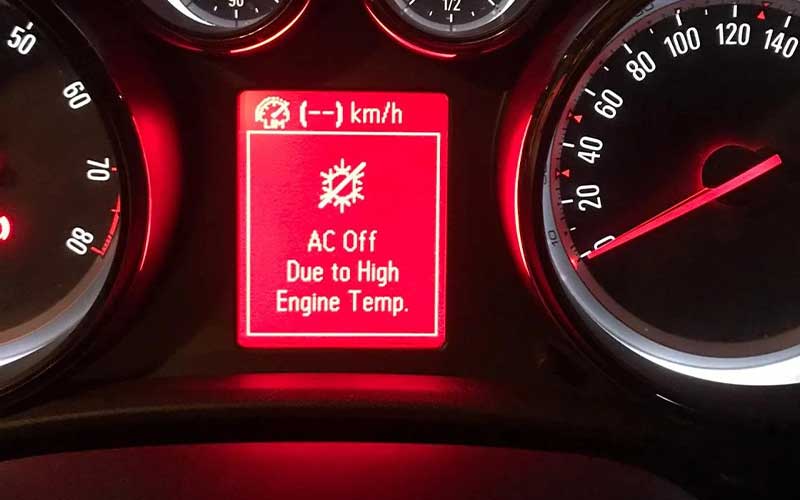
Necessary steps need to do when receiving a warning light
Firstly, as soon as the engine is discovered to be overheated, the driver immediately finds a safe place to stop the car, pull over to the side of the road and turn on the emergency lights to let other vehicles know that the car is malfunctioning and dodge in time.
Second, after letting the car rest for about 10-15 minutes, the driver should open the bonnet to start checking the engine, check the coolant reservoir by opening it slightly, wait for the heat to escape, and then open it completely. Absolutely do not open it immediately because boiling water in the tank is easy to splash on hands, causing burns. Then turn the reservoir valve slightly counterclockwise to release the excess pressure, then open the lid.
In order to avoid overheating the engine, your vehicle needs periodic maintenance. Especially checking and changing the coolant solution ensuring the water level is always at a safe threshold. And not letting the water drop below the “min” line” in the reservoir. Besides, the engine also needs to be oiled regularly.
Tips to prevent AC off due to high engine temp
We will share with you some short tips to prevent the warning sign “Engine hot AC off”:
- Run your AC for about 10 minutes once a week. It will maintain air pressure to keep the compressor in good working order. When turning AC, make sure to switch it on the coolest setting and highest fan speed.
- Recharge your AC system. Refresh the air and lubricant cooling system every two years.
- Change the oil at regular intervals: Engine oil helps to prevent the engine from overheating. And from damage caused by excessive friction between the engine’s internal components.
- Keep your belts on: The belt plays the role of connecting the pulleys in the engine. So it is subject to a lot of friction and is easy to wear. Therefore, the belt is the part that you need to pay great attention to in protecting the engine. In addition, you also need to pay attention to the pipes and proactively replace them before there are any leaks.
- Regular maintenance: Remembering the time and schedule of maintenance will be an effective way to keep your engine car healthy. Parts that need to be checked regularly such as oil, oil filter, or fuel filter are small but important parts for the durability of the engine.
If you have any questions you need to be answered, don’t hesitate to leave a comment in the box below.










